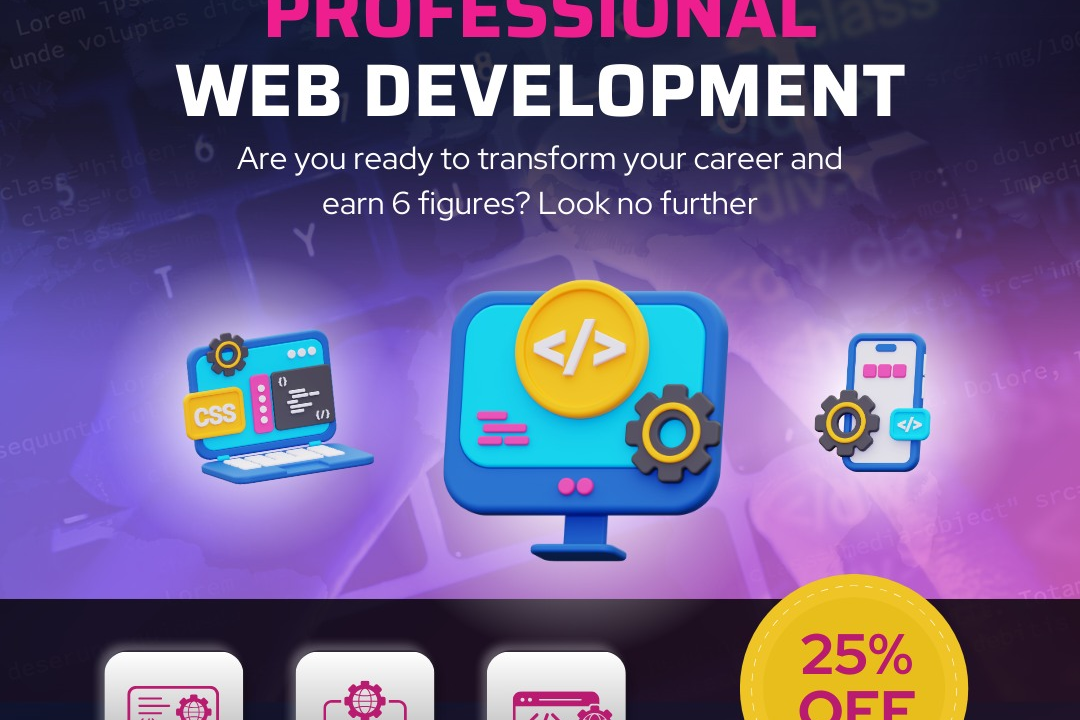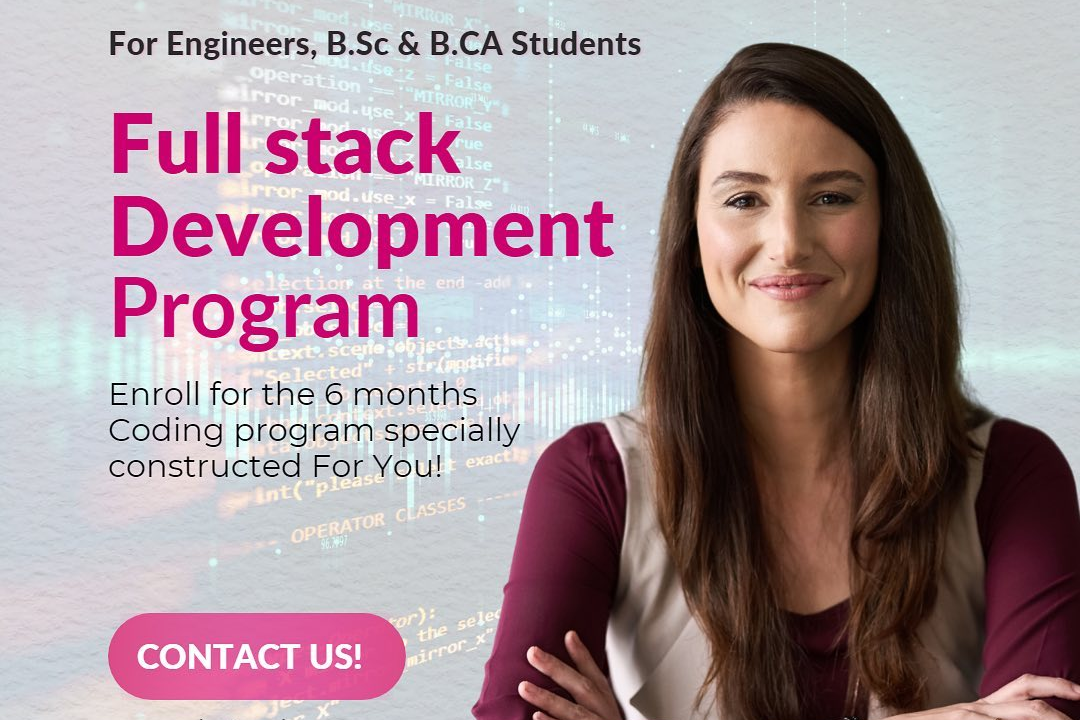React Native Interview Questions
React Native Interview Questions and Answers
React Native Interview Questions
React Native interview questions assess candidates' proficiency in developing cross-platform mobile applications using JavaScript and the React framework. They evaluate candidates' understanding of React Native concepts, including component lifecycle, state management, performance optimization, and integration with native APIs. These questions help interviewers gauge candidates' ability to build efficient, user-friendly mobile applications that meet real-world requirements.
To Download Our Brochure: https://www.justacademy.co/download-brochure-for-free
Message us for more information: +91 9987184296
1 - Component Lifecycle Methods:
Explain the purpose of `componentDidMount()` and `componentWillUnmount()` methods.
2) State Management:
Describe the difference between state and props.
Explain how to manage complex state using state hooks (e.g., `useState`, `useEffect`).
3) Navigation:
Explain the different navigation approaches (e.g., stack, tab, drawer).
Discuss the best practices for choosing and implementing them.
4) Styling:
Describe the different ways to style React Native components (e.g., inline, external stylesheets, styled components).
Explain how to create and use your own custom styles.
5) Networking:
Explain how to make HTTP requests using React Native APIs (e.g., `fetch`, `axios`).
Describe techniques for handling API responses and errors.
6) Performance Optimization:
Identify potential performance bottlenecks in React Native applications.
Explain techniques for improving performance (e.g., memoization, lazy loading).
7) Debugging:
Describe the different tools and techniques for debugging React Native applications (e.g., `debugger`, `console.log`).
Explain how to use the React Native DevTools.
8) Testing:
Explain the importance of testing in React Native.
Discuss different testing approaches (e.g., unit, integration, end to end).
9) Cross Platform Compatibility:
Explain how React Native handles cross platform compatibility issues (e.g., platform specific styling).
Describe techniques for adapting to different screen sizes and device capabilities.
10) Advanced Topics:
Explain the concept of custom hooks.
Describe the role of Redux in large scale React Native applications.
Discuss emerging trends in React Native development.
Ways to Get More Points:
1. Review Points History and Redemption Options:
- Check your loyalty account statement or website to see your current points balance.
- * Review the redemption options and tiers available to determine the best way to use your points.
- 2. Make Purchases:
- * Use your loyalty card or account when making purchases with participating merchants.
- * Check for bonus point promotions or double points days.
- * Consider purchasing items that offer higher point rewards.
- 3. Use Designated Credit Cards:
- * Sign up for a credit card that earns loyalty points linked to your loyalty account.
- * Use this card regularly for everyday purchases to accumulate points.
- 4. Refer Friends:
- * Invite your friends to join the loyalty program.
- * Many programs offer bonus points for successful referrals.
- 5. Participate in Loyalty Activities:
- * Check the loyalty program website or app for activities such as surveys, quizzes, or challenges.
- * Completing these activities can provide extra points.
- 6. Join Elite Tiers:
- * Spend a certain amount or meet specific criteria to qualify for higher loyalty tiers.
- * Elite members typically earn points at an accelerated rate and have access to exclusive benefits.
- 7. Take Advantage of Partnerships:
- * Some loyalty programs partner with other businesses.
- * Link your loyalty accounts to earn points on a wider range of purchases.
- 8. Use Point Booster Apps:
- * Download apps that allow you to earn extra points for everyday activities such as walking or shopping.
- * Sync these apps with your loyalty account to maximize your earning potential.
- 9. Timed Promotions and Events:
- * Stay updated on special promotions or events that offer bonus points for specific purchases or actions.
- * Take advantage of these limited time opportunities to boost your points quickly.
- 10. Negotiate with Customer Service:
- * In some cases, you may be able to negotiate with customer service representatives to earn additional points or adjust your point balance.
- * Contact them politely and provide evidence of your loyalty and spending history.
- Course Overview
- This course covers essential React Native interview questions, equipping you with the knowledge and strategies to excel in technical interviews. It provides comprehensive insights into React Native concepts, architectures, performance optimization, debugging techniques, and best practices. By mastering the questions and answers in this course, you'll showcase your technical proficiency and increase your chances of securing your dream React Native role.
- Course Description
- This comprehensive course prepares candidates for React Native interviews by equipping them with the essential knowledge and skills. It covers fundamental concepts, advanced topics, performance optimization techniques, debugging strategies, commonly asked interview questions, and best practices to showcase proficiency in React Native development. By completing this course, candidates will gain the confidence and expertise necessary to excel in interviews and secure their desired React Native roles.
- Key Features
- 1 - Comprehensive Tool Coverage: Provides hands-on training with a range of industry-standard testing tools, including Selenium, JIRA, LoadRunner, and TestRail.
- 2) Practical Exercises: Features real-world exercises and case studies to apply tools in various testing scenarios.
- 3) Interactive Learning: Includes interactive sessions with industry experts for personalized feedback and guidance.
- 4) Detailed Tutorials: Offers extensive tutorials and documentation on tool functionalities and best practices.
- 5) Advanced Techniques: Covers both fundamental and advanced techniques for using testing tools effectively.
- 6) Data Visualization: Integrates tools for visualizing test metrics and results, enhancing data interpretation and decision-making.
- 7) Tool Integration: Teaches how to integrate testing tools into the software development lifecycle for streamlined workflows.
- 8) Project-Based Learning: Focuses on project-based learning to build practical skills and create a portfolio of completed tasks.
- 9) Career Support: Provides resources and support for applying learned skills to real-world job scenarios, including resume building and interview preparation.
- 10) Up-to-Date Content: Ensures that course materials reflect the latest industry standards and tool updates.
Benefits of taking our course
Functional Tools
1 - React Native Environment:
Provides a framework for developing cross platform mobile applications using JavaScript and native platform components.
Facilitates integration with native APIs and UI elements, optimizing performance and user experience.
2) Code Editor:
Visual Studio Code or Atom, commonly used for editing and debugging React Native code.
Enables syntax highlighting, code navigation, and debugging tools to enhance productivity.
3) Debugger:
React Native Debugger or Chrome DevTools allows real time inspection and debugging of applications.
Helps identify errors, understand component behavior, and modify state during development.
4) Simulator and Emulator:
Xcode simulator for iOS and Android emulator for Android, used to test and demonstrate applications without physical devices.
Provides a controlled environment for testing different screen sizes, orientations, and network conditions.
5) Version Control System:
Git or Mercurial, employed for tracking changes to code, facilitating collaboration, and managing code versions.
Allows for versioning, branching, and merging, enabling version control and efficient team coordination.
Training Program for Students:
Program Objectives:
- Develop a strong foundation in React Native principles and best practices.
- * Enhance knowledge of essential tools and technologies used in React Native development.
- * Foster a practical approach through hands on projects and real world scenarios.
- * Prepare students for success in React Native job interviews and industry leading roles.
- Join challenges and contests.* Many apps offer challenges and contests that award points for completing tasks. These tasks can range from simple things like walking a certain number of steps to more complex tasks like completing a workout or learning a new skill.
- Refer friends.* Many apps offer bonus points for referring new users. When you refer a friend, they'll usually get a discount or other incentive to sign up, and you'll get points for their referral.
- Make purchases.* Some apps offer points for making purchases through their app. This is a great way to earn points on things you're already buying.
- Complete surveys.* Some apps offer points for completing surveys. These surveys are usually short and easy to complete, and they can be a great way to earn a few extra points.
- Watch videos.* Some apps offer points for watching videos. These videos are usually short and entertaining, and they can be a great way to earn a few extra points while you're relaxing.
- Play games.* Some apps offer points for playing games. These games can be simple or complex, and they can be a great way to earn a few extra points while having some fun.
Browse our course links : https://www.justacademy.co/all-courses
To Join our FREE DEMO Session:
This information is sourced from JustAcademy
Contact Info:
Roshan Chaturvedi
Message us on Whatsapp: +91 9987184296
Email id: info@justacademy.co












